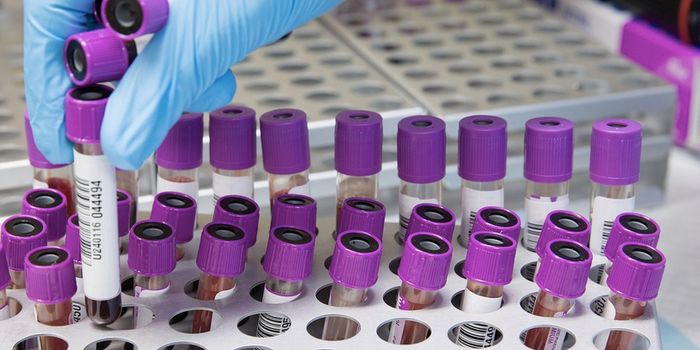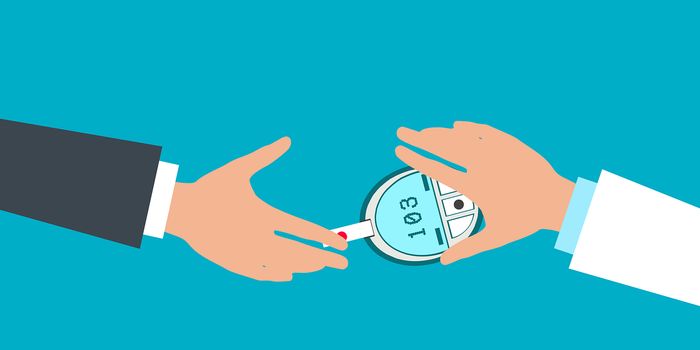Study Recommends 19 As Minimum Legal Age for Recreational Cannabis
Scientists concluded from a recent study that 19 years of age is the “optimal minimum legal age” for recreational cannabis use. They base this number off of data analysis comparing self-reported age at first use of cannabis and various life outcomes, ultimately looking to see what risks were associated with beginning cannabis use at a certain age.
In Canada, before recreational cannabis use was legalized, the medical community initially recommended “a minimum legal age of 21 or 25 for non-medical cannabis use.” This recommendation was based on studies that indicated cognitive development deficiencies as a concern for individuals beginning cannabis use early in life. However, stakeholders were also concerned that the higher the legal age limit, the increased risk of people below the age limit looking for alternative, illegal options to obtain cannabis products, i.e., underground markets.
Upon legalization of recreational marijuana, various provinces instead chose 18 or 19 as the minimum legal age for use. “However there remains ongoing debate and calls to raise the legal age to 21,” explained lead author Dr. Hai Nguyen.
Researchers began their study wanting to know about the life outcomes for Canadians who began using cannabis early in life and how those outcomes compare with Canadians who began using cannabis later in life. Life outcomes considered in the study include:
- Educational attainment
- Cigarette smoking
- Self-reported general and mental health
Researchers from the present study used data collected between 2004 and 2015 (prior to the legalization of recreational cannabis in Canada) from the nationally-representative Canadian Tobacco Use Monitoring Surveys (CTUMS) and Canadian Tobacco, Alcohol and Drugs Surveys (CTADS). Together, these two studies conduct annual interviews of up to 20,000 individuals aged 15 years and older.
The data indicated different optimal minimum legal ages for different life outcomes:
- Smoking: First use of cannabis at age 18 was associated with a higher prevalence of smoking than first use at 19 or 20, but there was no difference when compared to individuals who first used cannabis at an older age such as between 21 and 24.
- High level of completed education: Education outcomes were 16 percent higher among people who first used cannabis between the ages of 21 and 24 compared to first use at 18.
"The lower level of completed education reported in those who first used cannabis at an earlier age may reflect poor neurological development or a higher 'drop-out' rate from further education,” Nguyen explained. “It is also possible that those who initiate cannabis use early may use it as a gateway for further illicit drug use, resulting in poorer health in later life, which may explain the poor general or mental health scores recorded in the study."
- General health: Health outcomes were significantly better among those first using cannabis at age 18 versus before age 18, but researchers observed no difference compared to first use at an older age.
- Mental health: Researchers observed better mental health outcomes for first use at 19-20 than at 18.
Considering all of the results, Nguyen and the team concluded that age 19 seemed to best consolidate the optimal future outcomes associated with first use of cannabis. Plus, they believe that this age may “strike a balance between potential increased in underground markets and illegal use.”
Sources: Biomed Central, BMC Public Health

![Master Lab Weighing: Accuracy, Compliance & Audits [eBook]](https://d3bkbkx82g74b8.cloudfront.net/eyJidWNrZXQiOiJsYWJyb290cy1pbWFnZXMiLCJrZXkiOiJjb250ZW50X2FydGljbGVfcHJvZmlsZV9pbWFnZV85MWRmZmRjMDIwNDBlMWJjMzYwN2ZiYWY2ZjI4ZGMzYzBmZGMwZGMyXzkxOTcucG5nIiwiZWRpdHMiOnsidG9Gb3JtYXQiOiJqcGciLCJyZXNpemUiOnsid2lkdGgiOjcwMCwiaGVpZ2h0IjozNTAsImZpdCI6ImNvdmVyIiwicG9zaXRpb24iOiJjZW50ZXIiLCJiYWNrZ3JvdW5kIjoiI2ZmZiJ9LCJmbGF0dGVuIjp7ImJhY2tncm91bmQiOiIjZmZmIn19fQ==)






